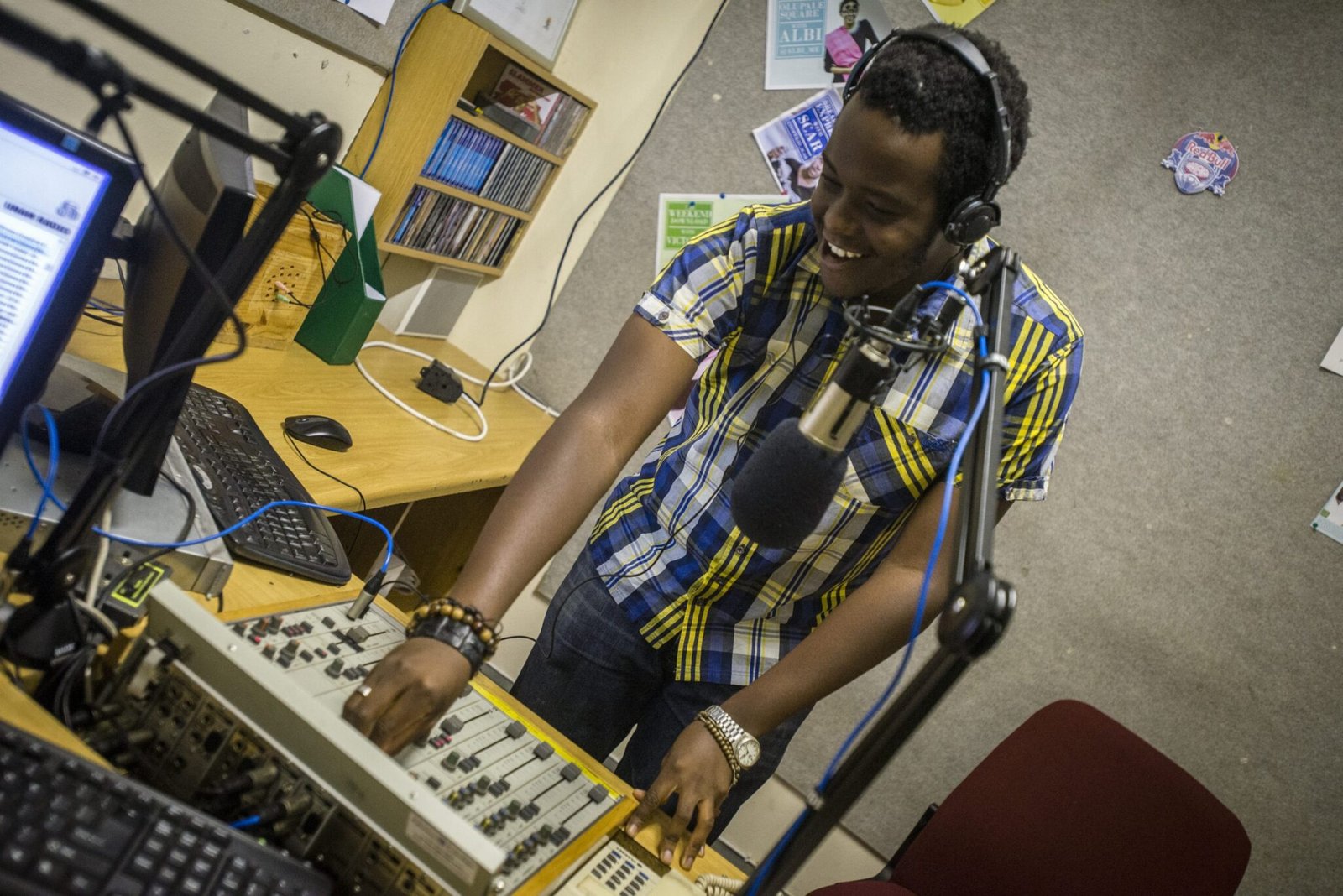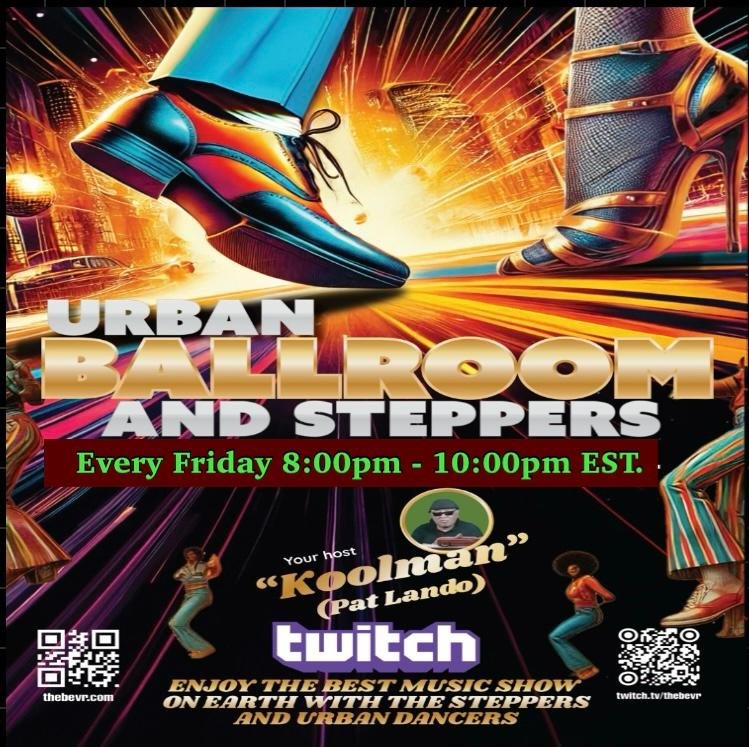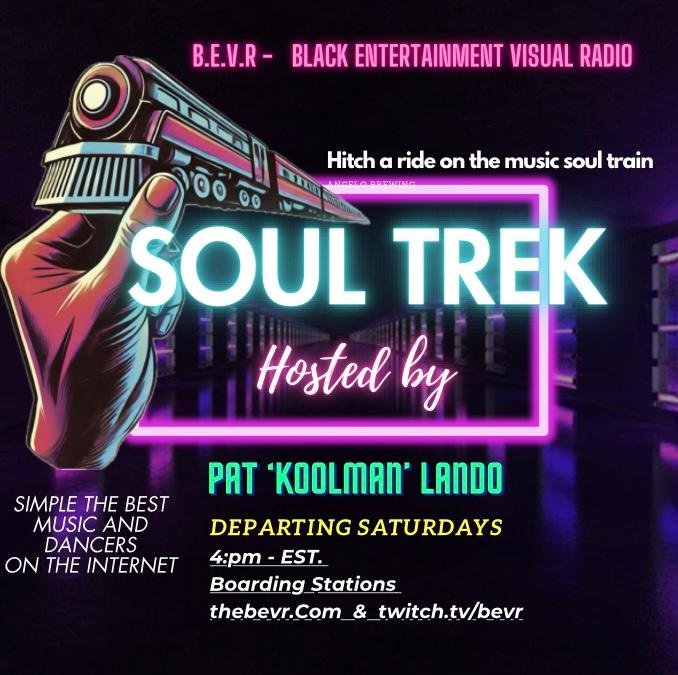Cultural Representation
Role of Black Entertainment in Visual Radio
Black entertainment in visual radio has played a significant role in shaping cultural narratives and providing representation for African American communities. This medium combines traditional radio broadcasting with visual elements, allowing for a richer storytelling experience that engages audiences on multiple sensory levels.
Historical Context
Black entertainment in visual radio has played a significant role in shaping cultural narratives and providing representation for African American communities. This medium combines traditional radio broadcasting with visual elements, allowing for a richer storytelling experience that engages audiences on multiple sensory levels.

The Shoutbox for Black Entertainment Visual Radio serves as a platform where listeners can share their thoughts, comments, and experiences related to the programming offered by the station. This interactive feature allows fans to engage with each other and express their appreciation or critiques of the content being broadcasted
Listeners often use the Shoutbox to discuss various aspects of the shows, including favorite segments, hosts, and musical selections. It provides an opportunity for real-time feedback and community building among fans of the station. The Shoutbox is particularly valuable during live broadcasts, where immediate reactions can enhance the listening experience.
ABOUT
Rhythm & Blues (R&B)
In the mid-20th century, rhythm & blues emerged as a popular genre that combined elements of jazz, gospel, and blues. It became particularly influential during the Great Migration when many African Americans moved from rural Southern areas to urban centers in search of better opportunities. R&B provided a soundtrack for this transition, reflecting urban life while promoting cultural pride[3]. Artists like Ruth Brown and Ray Charles were pivotal in bringing R&B into mainstream consciousness.
Hip-Hop
Emerging from the Bronx in the 1970s, hip-hop revolutionized music by introducing new forms of expression through rapping, DJing, graffiti art, and breakdancing. Hip-hop artists used their platforms to address social issues such as poverty, racism, and police brutality. Pioneers like DJ Kool Herc laid the foundation for what would become one of the most influential genres globally[5]. Today’s hip-hop continues to evolve while maintaining its roots in storytelling and community engagement.
Rock 'n' Roll
Rock ‘n’ roll is another genre deeply rooted in Black musical traditions. Often credited to artists like Chuck Berry and Little Richard, rock ‘n’ roll blended R&B with country influences to create a sound that resonated with youth culture in the 1950s. Despite its popularity among white audiences, it is essential to recognize its origins in Black music[4]. The genre became a platform for social commentary during turbulent times in American history.
Cultural Significance
Black entertainment music has played an integral role in shaping American culture. It has provided a voice for marginalized communities while fostering connections across diverse groups. Events like Black Music Month celebrate these contributions by highlighting how Black artists have transformed various genres over time[6].Moreover, Black musicians have often been at the forefront of social movements. For instance, songs like Sam Cooke’s “A Change Is Gonna Come” became anthems for civil rights activism during the 1960s[7]. Similarly, contemporary artists continue to use their music as a platform for advocacy within movements such as Black Lives Matter.



